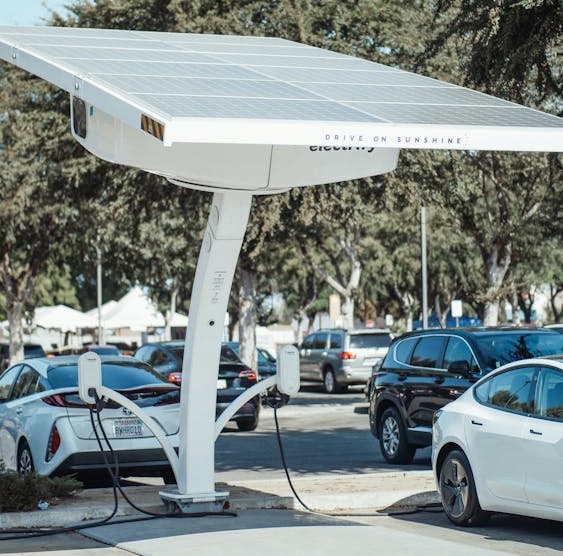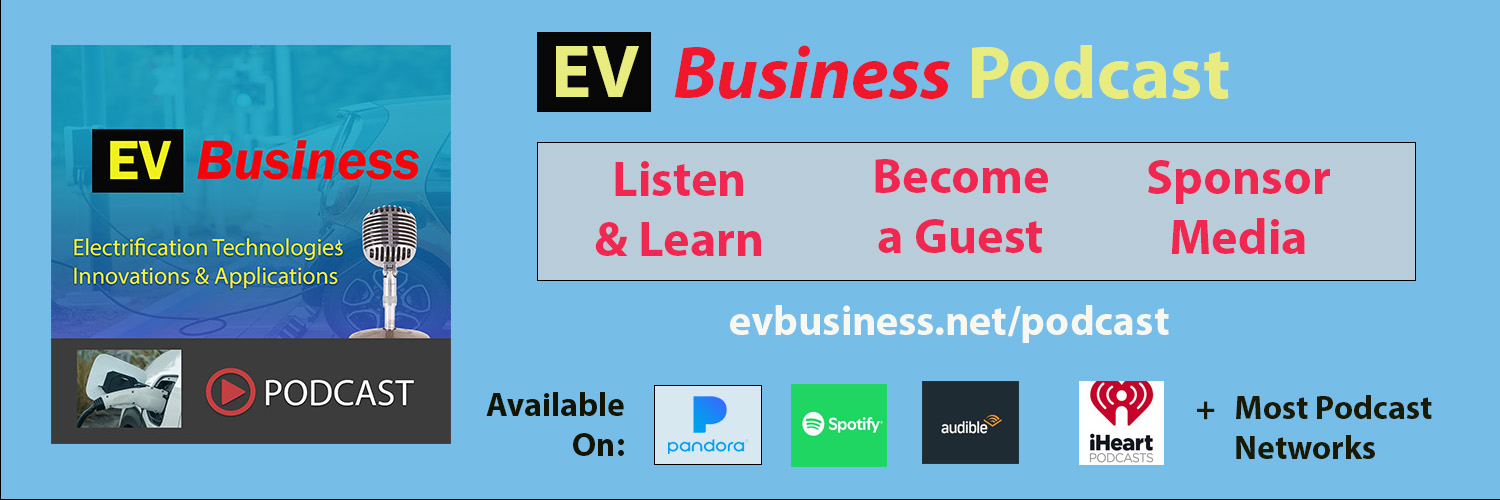The electric vehicle (EV) industry is rapidly growing, presenting a wealth of business opportunities across various sectors. Companies are investing in EV technology, infrastructure, and services to meet the rising demand for sustainable transportation. However, challenges such as high development costs, regulatory hurdles, and market competition remain. This article shares emerging business opportunities in the EV sector while highlighting strategies to overcome these challenges and capitalize on growth potential.
Key EV Business Opportunities
Key EV business opportunities in 2024 and beyond include EV technology development, charging infrastructure, vehicle conversions, regulatory compliance, and connected EVs. These areas are already experiencing significant growth and are poised to shape the future of mobility.
The global EV market size is projected to reach $1.1 trillion by 2030, growing at a compound annual growth rate (CAGR) of 17.2% from 2023 to 2030 [Allied Market Research].
EV Business (General)
The EV industry encompasses a wide range of activities, including manufacturing, sales, and after-sales services. New entrants and established players are exploring opportunities to develop EV models, expand dealerships, and offer subscription-based services.
Key areas include:
- EV fleet services for businesses.
- Subscription and leasing models tailored for individual and corporate customers.
- Partnerships with governments and private entities to promote EV adoption.
One example is Rivian, which has partnered with companies like Amazon to supply electric delivery vehicles, opening up recurring revenue streams.
EV Technology
Technological innovation is the backbone of the EV industry. Opportunities lie in battery development, advanced powertrains, and software solutions that improve vehicle performance and user experience.
Figure 2: EV Technology Focus Areas
- Battery Innovations: Solid-state batteries, recycling technologies, and fast-charging capabilities.
- Powertrain Advancements: High-efficiency motors, lightweight materials, and regenerative braking systems.
- Software Solutions: AI for autonomous driving, predictive maintenance, and in-vehicle entertainment systems.
Tesla’s Full Self-Driving (FSD) software demonstrates the revenue potential of software subscriptions in the EV sector.
EV Charging Networks
The expansion of charging infrastructure is critical to the success of EVs. Businesses can capitalize on this by installing, managing, and maintaining charging stations.
Figure 3: EV Charging Opportunities
- Public Charging Stations: Fast chargers at highways, malls, and workplaces.
- Home Charging Solutions: Installation services for residential EV chargers.
- Energy Management Systems: Smart grid integration and renewable energy usage.
ChargePoint, a leader in this space, offers subscription models for managing and accessing its charging network, creating recurring revenue opportunities.
EV Conversions (Gas to Electric)
Converting internal combustion engine (ICE) vehicles to electric is an emerging market segment. Businesses can provide conversion kits, services, and certification.
Key conversion opportunities include:
- Retrofitting classic cars with electric powertrains.
- Offering conversion services for commercial fleets to meet sustainability goals.
- Developing DIY kits for enthusiasts.
Companies like Zero Labs Automotive are tapping into the luxury market with high-end EV conversion services.
EV Regulations
Compliance with evolving regulations is both a challenge and an opportunity. Businesses can provide consulting, technology solutions, and compliance services to navigate the regulatory landscape.
Opportunities include:
- Emission tracking and reporting software.
- Certification services for EV manufacturers.
- Advising businesses on incentives and subsidies.
For instance, software platforms like Greenbiz.io help companies monitor and meet carbon emission targets.
EV Education
Educating consumers and professionals about EVs is essential for adoption. Businesses can create revenue streams through training, certifications, and awareness campaigns.
Examples include:
- EV technician training programs.
- Consumer workshops on EV ownership and maintenance.
- Online platforms offering EV-related courses.
Organizations like EV Academy offer specialized training for technicians, bridging the skills gap in the industry.
EV Manufacturing
Manufacturing EV components, from batteries to motors, offers vast opportunities. Suppliers can benefit from partnerships with automakers and startups.
Key opportunities:
- Manufacturing battery cells and packs.
- Producing lightweight materials for EVs.
- Supplying electronic control units (ECUs) for EV systems.
Foxconn’s entry into EV manufacturing illustrates how established players in other industries are diversifying into EV production.
Connected EVs
The integration of connected technologies into EVs is reshaping mobility. Businesses can create solutions that enhance connectivity, safety, and user experience.
Figure 4: Connected EV Ecosystem
- Telematics: Remote vehicle monitoring and fleet management.
- Infotainment: Personalized in-car entertainment systems.
- Vehicle-to-Everything (V2X): Communication between vehicles, infrastructure, and other devices.
For instance, companies like Aptiv are leading the charge in developing connected EV systems that enable autonomous driving.
The EV sector is brimming with opportunities across various domains. By focusing on innovation, strategic partnerships, and customer-centric solutions, businesses can thrive in this dynamic industry while contributing to a sustainable future.


